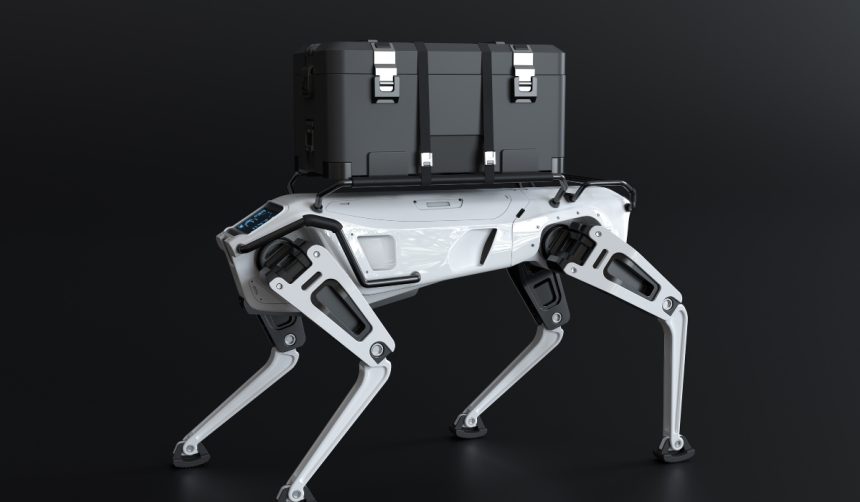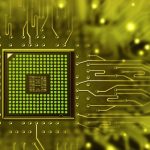Leveraging advancements in robotics, Texas Children’s Hospital has integrated ABB Robotics’ dual-arm YuMi collaborative robot into their lab operations. This innovative system automates the intricate task of transferring fruit flies between vials, which are crucial for studying neurological diseases such as Alzheimer’s and Parkinson’s. The move aims to enhance the precision and efficiency of these transfers, reducing the need for manual handling and eliminating the use of potentially harmful anesthetics.
Recent reports highlight the significant progress in lab automation, yet manual tasks had remained a bottleneck. Past automation attempts required exposing flies to anesthetics like carbon dioxide, affecting study outcomes. The new YuMi system, however, accomplishes the transfer without sedation, maintaining the flies’ behavior integrity.
Automating Vial Transfers
Texas Children’s Hospital researchers dedicate a substantial portion of their workday to transferring fruit flies into new vials with fresh food, a process referred to as “flipping flies.” With approximately 20,000 vials to manage, the task is both time-consuming and labor-intensive. The new automated system developed by ABB Robotics addresses these challenges, improving both the efficiency and accuracy of the process.
ABB engineers collaborated with Duncan NRI researchers to design a comprehensive workstation featuring the YuMi cobot, a vial stacking table, barcode and labeling units, and a disposal chute. The robot mimics human movements, facilitating seamless fly transfers and freeing researchers to focus on more critical tasks.
Advanced Tracking and Safety Features
YuMi’s operational protocol involves ten pre-programmed steps that include picking up vials, transferring flies, and labeling and scanning the vials. This meticulous process ensures that researchers can accurately track strain and genotype information, improving the reliability of their studies.
Additionally, the cobot is designed for safe human interaction. Its motion-sensing technology can detect nearby objects or people, instantly halting movement to prevent accidents. This feature makes it a cooperative tool in the lab environment.
YuMi’s ability to read barcodes and print labels ensures precise identification and tracking of Drosophila strains, a critical aspect for ongoing neurological research. This capability not only improves study accuracy but also reduces operational costs as existing vial racks can still be used.
The implementation of YuMi in fruit fly handling marks a significant advancement in lab automation, promoting efficiency and accuracy in crucial neurological studies. This system minimizes the need for manual labor and eliminates the risks associated with anesthetic use on flies, thereby enhancing the quality of research outputs.










